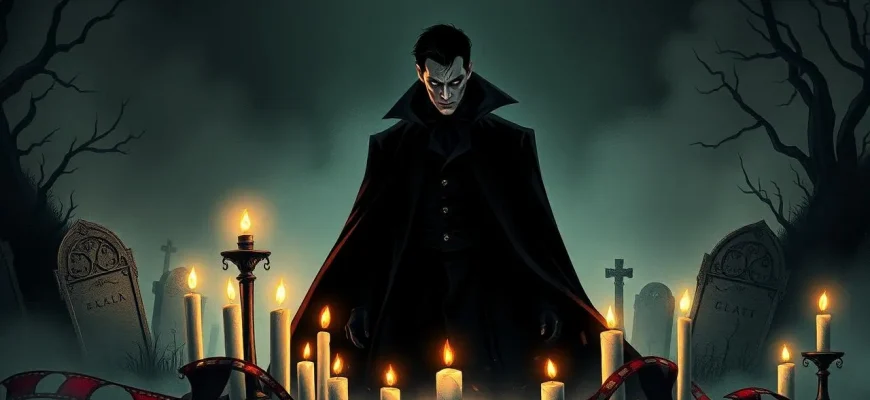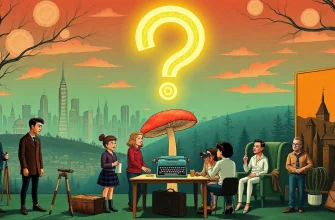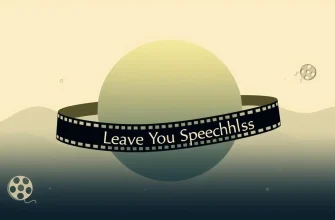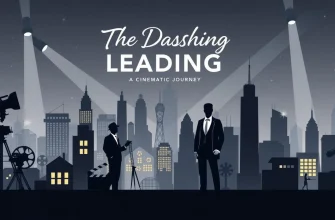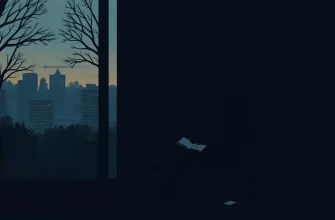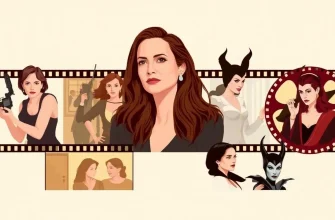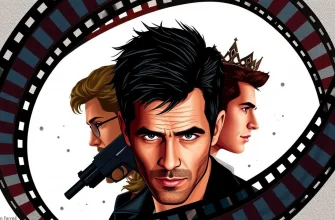The legend of Dracula has fascinated audiences for over a century, inspiring countless adaptations across various media. This collection of 10 Dracula films showcases the evolution of the vampire mythos, from silent classics to modern reinterpretations. Each film provides a unique perspective on the character, making it a must-watch for fans of horror, gothic romance, and cinematic history.

Nosferatu (1922)
Description: Although not officially a Dracula film due to copyright issues, F.W. Murnau's "Nosferatu" is an unauthorized adaptation that has become synonymous with the vampire genre.
Fact: The film was nearly destroyed due to a lawsuit from Stoker's widow, but surviving prints have made it a cult classic.
 Watch Now
Watch Now 
Dracula (1931)
Description: This film is the first major adaptation of Bram Stoker's novel, introducing Bela Lugosi's iconic portrayal of Count Dracula, which set the standard for vampire depictions in cinema.
Fact: The film was released in both English and Spanish versions simultaneously, with the Spanish version being filmed at night on the same sets.
 Watch Now
Watch Now 
The Horror of Dracula (1958)
Description: Another Hammer Horror classic, this film revitalized the Dracula legend with its vibrant color, intense performances, and atmospheric settings.
Fact: It was the first time Dracula was shown in color, bringing a new level of visual horror to the screen.
 Watch Now
Watch Now 
Dracula A.D. 1972 (1972)
Description: This film updates the Dracula story to the swinging '70s, blending horror with elements of contemporary culture, making it a unique entry in the Dracula saga.
Fact: It was one of the first films to attempt to modernize the Dracula legend, setting it in the then-present day.
 Watch Now
Watch Now 
Bram Stoker's Dracula (1992)
Description: Directed by Francis Ford Coppola, this film is a visually stunning adaptation that stays true to the novel's themes of love, redemption, and horror.
Fact: Gary Oldman's portrayal of Dracula was inspired by the original novel's description of the Count as an old man with a white mustache.
 Watch Now
Watch Now 
Shadow of the Vampire (2000)
Description: This film imagines the making of "Nosferatu" with a twist: what if Max Schreck, the actor who played Count Orlok, was actually a real vampire?
Fact: Willem Dafoe's performance as Schreck earned him an Academy Award nomination for Best Supporting Actor.
 Watch Now
Watch Now 
Dracula Untold (2014)
Description: This film offers an origin story for Dracula, portraying him as a tragic hero who becomes a vampire to protect his family and kingdom.
Fact: The film was initially conceived as the first part of a new Universal Monsters cinematic universe.
 Watch Now
Watch Now 
The Last Voyage of the Demeter (2023)
Description: Based on a single chapter from Stoker's novel, this film focuses on the terrifying journey of the ship carrying Dracula from Transylvania to England.
Fact: The film was in development for over two decades before finally being released.
 Watch Now
Watch Now 
Dracula: Prince of Darkness (1966)
Description: Part of Hammer Film Productions' Dracula series, this film brings back Christopher Lee as Dracula, showcasing the studio's signature gothic horror style.
Fact: Christopher Lee did not speak any lines in this film, following his dissatisfaction with the script.
 30 Days Free
30 Days Free 
Dracula: Pages from a Virgin's Diary (2002)
Description: A unique ballet adaptation of Dracula, this film combines silent film techniques with modern dance to tell the story in a visually poetic manner.
Fact: It was directed by Guy Maddin, known for his experimental and surreal filmmaking style.
 30 Days Free
30 Days Free 
